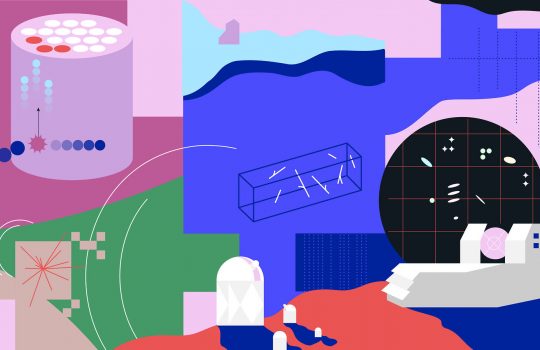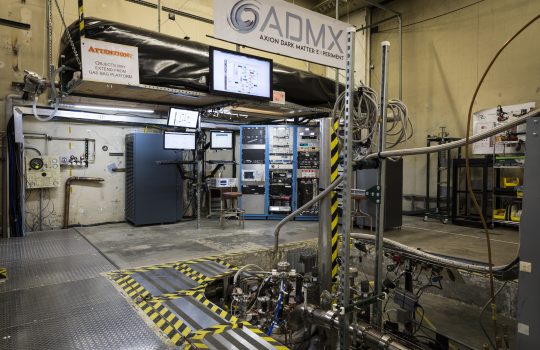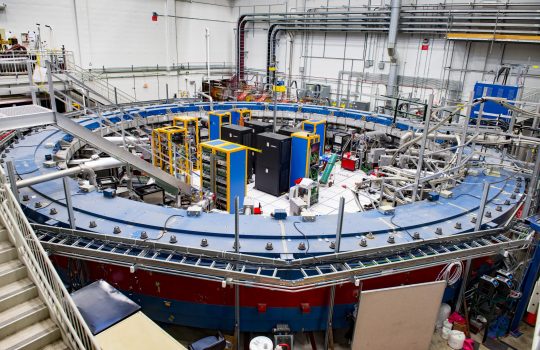The building boom
- ADMX
- Berkeley Lab
- California
- Canada
- CERN
- collaboration
- Dark Energy Spectroscopic Instrument
- Deep Underground Neutrino Experiment
- DESI
- DUNE
- High-Luminosity LHC
- HL-LHC
- internationality
- LBNF
- Long-Baseline Neutrino Facility
- LSST
- LUX-ZEPLIN
- LZ
- Mu2e
- Muon g-2
- PIP-II
- SLAC
- SNOLAB
- SuperCDMS
- Switzerland
- University of Washington
- Washington
These international projects, selected during the process to plan the future of U.S. particle physics, are all set to come online within the next 10 years.



